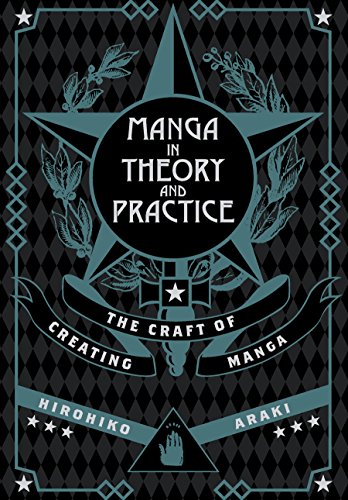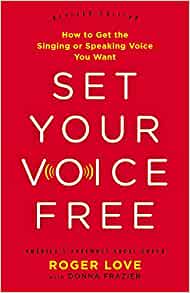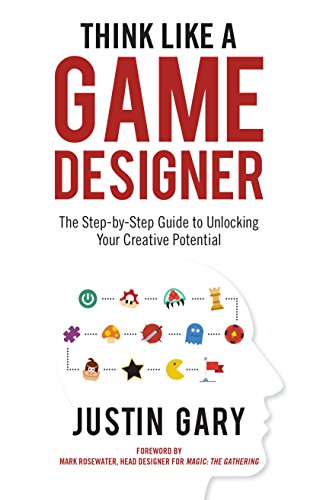A few weeks ago I tweeted out a list of writing and narrative design books I’ve read this year. It’s important as designers to maintain and expand our skillsets, so I thought I’d share this year’s list in the hope that it will help anyone with an interesting in writing or game design. There’s very little here there’s directly game related, but I’ve found them all really helpful.
My original thread including some videos and podcasts. Instead I’ll save those and add another post in the new year with some suggestions.

Wonderbook by Jeff Vandermeer.
A really dense book full of weird and wonderful illustrations. I really recommend you get this in print if you can. There’s a lot of information in here, especially useful for SF writers. There are also interviews with comic and games writers which is a nice touch. Very inspiring.

The Elements of Eloquence by Mark Forsyth.
A really comprehensive guide to rhetoric. It examines why different phrases work the way they do. Comes in a lovely little box set with two other Forsyth books ( which I haven’t read yet) or a cheaper paperback.

Grammar for Grownups by Kathleen Fry & Rowena Kirton
It’s important to keep brushing up on Grammar. When working with different clients you may find yourself switching between US & British English. The book handily covers the difference in word use and spelling.

Into the Woods by John Yorke.
Into the woods is focused on story structure, primarily the five act structure. Though he does mention games, there’s not that much in there it’s not really a games writing book. Instead it offers some tools for analyzing and structuring work.

Writing Fantasy and Science Fiction Brian Stapleford.
I first came across this book as a teen and have loved it ever since. Since it’s fairly old now the author has it up on Kindle for £3.11. It takes the reader through the basics of SF writing, with clarity and humor. This was one of the first books on writing I ever bought and it stuck with me. It’s great to have on Kindle where I can summon it up on any time.

Screenwriting 101 by Film Crit Hulk.
Sadly the author has withdrawn it from sale but if you have it give it a reread or seek out the online extracts. One of the best written and clearest guides to writing I have ever read. I really hope he does release his follow up book. In the mean time he’s well worth a follow on Twitter.

Don’t Trust your Spell Check by Dean Evans.
Lots of useful tips for better proofreading and copy-editing your work. Very focused on digital publishing which is really useful. There are plenty of practical exercises, lists of common mistakes and lots of tips for reducing errors.

Manga Theory and Practice by Hirohiko Arai.
Very few of us are going to be able to write serialized Shonen manga, but this book is really useful for examining how and why commercial constraints can shape a story. See his entire explanation on why tournament arcs exist in shonen manga. I bought it on Kindle but if you look around you can get it in hardback. It’s been printed in the same format as the Jo Jo’s Bizarre Adventure manga, making it a nice object to own and a potential nice gift too.

Set Your Voice Free by Roger Love.
I used to do a lot of voice acting myself mainly for fan projects but it’s been hard to find the time. It’s still really useful as understanding acting/voice technique is essential for working with actors. I’d love a hard copy of this to work from but the Kindle book as far cheaper so that won out in the end.

Think Like a Game Designer by Justin Gary
This actually missed my original tweet. After discovering a preview in an old Humble Bundle, I decided to take the plunge and buy the book. While it’s very board game focused the book does talk about video games as well. It covers not only game design processes but how to act in the industry. The most valuable part is the section on how to prototype and design a game. I recommend you follow the exercises in the book. After doing so you’ll be well on your way to your first game design. Even if you don’t typically design systems it’s a great way to improve your understanding. Justin Gary also has a website with further resources.

Great list!